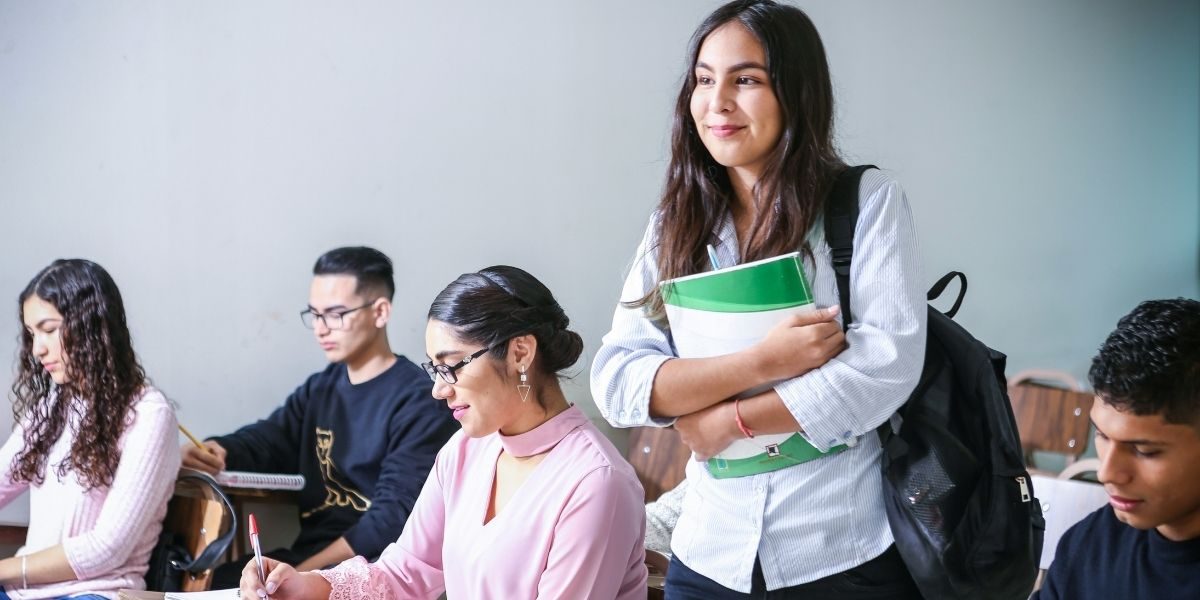Why are Student Visas Important for International Education?
For individuals aspiring to study in the United States, student visas are the indispensable key. These visas are specifically designed to allow foreign nationals to pursue academic programs in US educational institutions. Think of student visas as more than just travel documents. They are your formal authorization to immerse yourself in the US academic environment. Without the correct student visas, international students cannot legally enroll in courses or reside in the United States for study purposes. Obtaining student visas is therefore the foundational step for anyone seeking a US education. These student visas are not merely bureaucratic hurdles. They are the bridge to accessing world-class educational opportunities and enriching global experiences.
Read Also: Licenses and Permits: Power Up Your Business
What are the Different Types of US Student Visas?
The landscape of US student visas includes different categories, each tailored to specific educational pursuits. The most common type is the F-1 student visa. This is for individuals wishing to engage in academic studies at a US educational institution, from universities to colleges and even high schools. Another type is the J-1 student visa, intended for exchange visitors. This category covers a range of educational and cultural exchange programs, including students, scholars, and researchers. The M-1 student visa is designated for students pursuing vocational or non-academic studies. Understanding these different student visas is crucial. Aspiring students need to identify the student visas category that aligns with their study goals. Choosing the right type of student visas is the first step in a successful application.
How Does One Apply for US Student Visas?
Applying for US student visas involves a detailed and systematic process. The initial step is to gain acceptance into a Student and Exchange Visitor Program (SEVP)-certified school in the US. Once accepted, the institution will provide you with a Form I-20, a Certificate of Eligibility for Nonimmigrant Student Visas status. Next, applicants must complete the online visa application form, DS-160. A student visas application fee is required, and payment confirmation is necessary for the next steps. Scheduling a student visas interview at the US embassy or consulate in your home country is also mandatory. Preparing for the student visas interview is crucial. Applicants should gather all required documents, including the Form I-20, passport, application confirmation, and financial proof. Attending the student visas interview and responding truthfully and clearly to questions is a key part of the process. After the interview, the application is processed, and if approved, the student visas will be issued.
What are the Requirements for Maintaining Student Visas Status?
Maintaining valid student visas status involves adhering to specific regulations throughout your study period in the US. Students must be enrolled full-time in their program of study, as stipulated by their student visas terms. Reporting any changes of address to the SEVP and the US Citizenship and Immigration Services (USCIS) is a requirement for student visas holders. Limiting on-campus employment to the allowed hours per week is another condition of student visas. Avoiding any activities that violate US immigration laws is critical for maintaining student visas status. Ensuring your student visas remain valid throughout your stay is your responsibility. If planning to stay longer, students must apply for student visas extension before their current visa expires. Compliance with all student visas regulations ensures a smooth and lawful educational experience in the United States.
Read Also: Boosting Your Website’s Visibility in Organic Search Result
What are the Benefits of Obtaining US Student Visas?
Obtaining US student visas opens doors to a world of unparalleled educational and personal enrichment. Access to world-renowned US universities and colleges is a primary benefit of student visas. International students gain exposure to diverse academic disciplines and innovative research opportunities. Student visas also facilitate cultural exchange and global networking. Living and studying in the US provides a chance to interact with diverse cultures and perspectives. The skills and knowledge gained through US education, enabled by student visas, enhance career prospects globally. A US education, obtained via student visas, is highly regarded by employers worldwide. Furthermore, the personal growth and independence gained from studying abroad with student visas are invaluable life experiences. In summary, student visas are an investment in a future enriched by world-class education and global opportunities.








